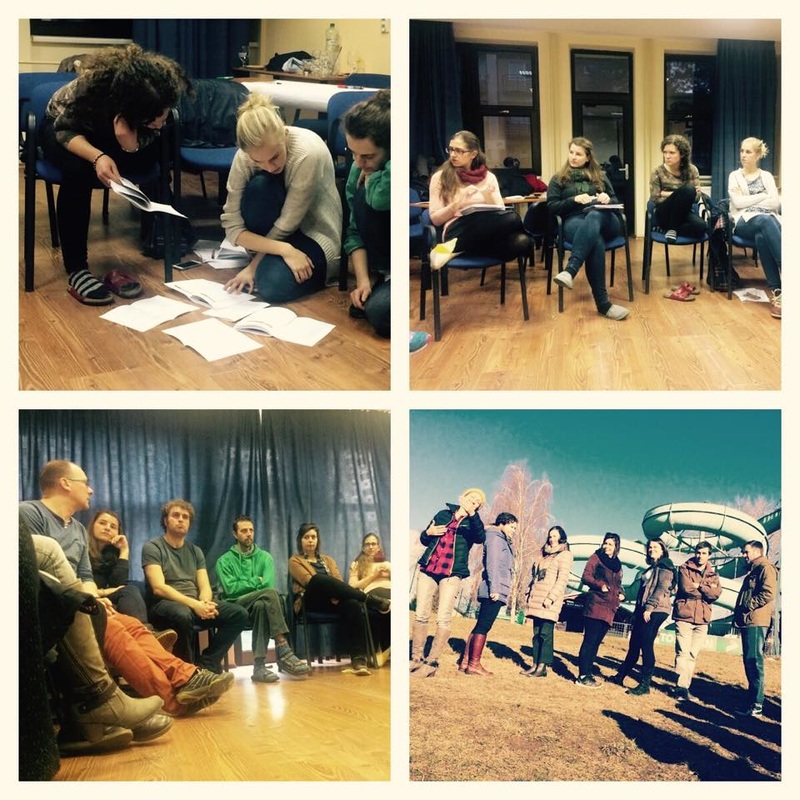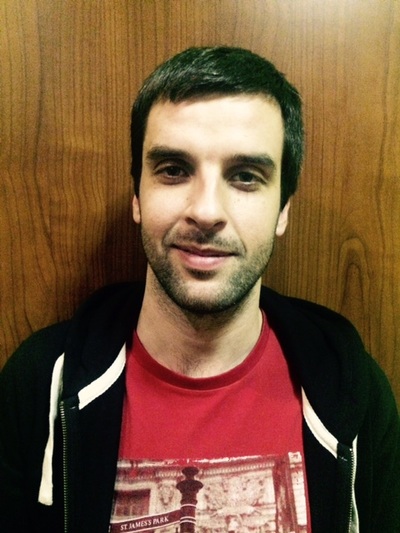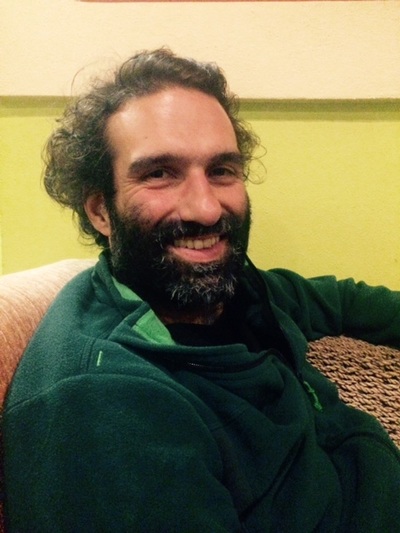Besides all the extraordinary content I've been learning and exploring those days, I've discovered a whole new reality reinforcing a positive tendency in Europe, represented by an intense, focused, excellence-oriented work that has been done in nonformal education.
This work has the potential to create a big impact on society, by integrating communities naturally excluded, creating opportunities for society and improving the job market itself.
What resonated the most was that apparently the high quality of this work doesn't seem to depend only from the political guidelines or the contents being developed, but from the people who are developing it: a highly motivated, active and committed generation of Youth Workers.
Hearing them presenting their work, their activities and the way they speak about their motivations and thrive, I realized that there were some specific aspects on their way of facing work that is worth noting.
I felt that those aspects (that you will find below) were not only a good reason to keep my hope on Europe's progression for Education and future opportunities for Youth, but they were also a great inspiration for the way we approach work in general. I found that the things most of these professionals had in common was truly inspiring to my own way of seeing and developing my work, even different contexts, targets and conditions of working.
Here are 11 things I found about their way of facing their work and their general attitude towards it:
1- A positive attitude - Their energy level is high; they are focused on finding and creating solutions and they truly believe that, despite all the limiting conditions, a better world is indeed possible. And they work for that with a strong commitment on their institutions.
2- An open attitude - Their eagerness to learn, learn, learn. They are up to learn new technological tools, new work strategies, new contents on Psychology, entrepreneurship, or how to build a kite. As long as they are learning, they are motivated and ready to find the connection of that to their work, even in not so obvious cases.
3- Their high and intrinsic motivation - They work extra hours, they search for resources, tools, opportunities. They are less interested in economic rewards than in learning, sharing and making the difference in the world, creating impact.
4- They integrate things from various areas - A team that brings a cook to teach team competencies is a common thing in daily life.
5- The openness to errors and failure - Presenting an intervention that didn't work in front of the whole group is as valuable as presenting the most successful project.
6- Willingness to share strategies, activities, initiatives, that didn't work - There is no such thing as "This my toolbox". Activities, resources, connections and experiences are openly shared.
7- They try new things, even if they don't have guarantees of success - Hearing about the existence of a good new tool or a powerful exercise is enough to hear them say "Let's do it!". The important part seems to be trying and allowing experience to teach them how can things be improved.
8- They present a high level of commitment - Long work hours are not a good reason to stop seeing them on the corridors exchanging practices, sending like to each other or asking for advice for a specific case. All they want is to guarantee they are doing the best they can.
9- They are able to laugh about themselves - Working with problematic youth is not an easy task. Having to deal daily with demotivation, frustration or high drop out rates, they still can keep their sense of humor and the ability to tell their "failure stories" without losing their sense of humor and laughing about what didn't work or their hardest situations.
10- They ask questions and show their ignorance easily - Asking questions in the middle of a session, even if it is one for those most of the group has an answer, is not a problem. It is ok to ask "obvious" (for the others) things, if that means learning and improving. Showing their ignorance only allows them to move forward, they say.
11- Low ego - their work is not about them or about their achievements, but about the people they work with, their ability to cope with life in a better way and to succeed. So, in their speech is really rare to hear opinion statements based on personal opinions or stating points of view, but statements about practices, experiences that can help others or asking questions.
And the list could go on since I was positively surprised with the work they are doing but specially the way they are doing it, as great examples of professionals really making the difference.
Not only they are elevating the paradigm about Youth and collaborating in a strong way to really change the world, but also because they represent an extremely committed generation of professionals from which we can all learn and be inspired for.
My feeling is that the more we invest in pursuing these attitudes that define them, the more we can make the difference not only on Youth Work, but in life in general.
We need committed professionals, able to laugh about themselves, able to accept their errors and learn from them, ready to try and fail and try again, ready to learn from each other and share all their knowledge.
So this post is not only a tribute to the group of European Youth Workers I've been working with these days, but a praise to all of those who are actively doing something to change and improve the global situation, using their best skills, motivation and energy to create impact and to promote a future to be prouder about.










 RSS Feed
RSS Feed